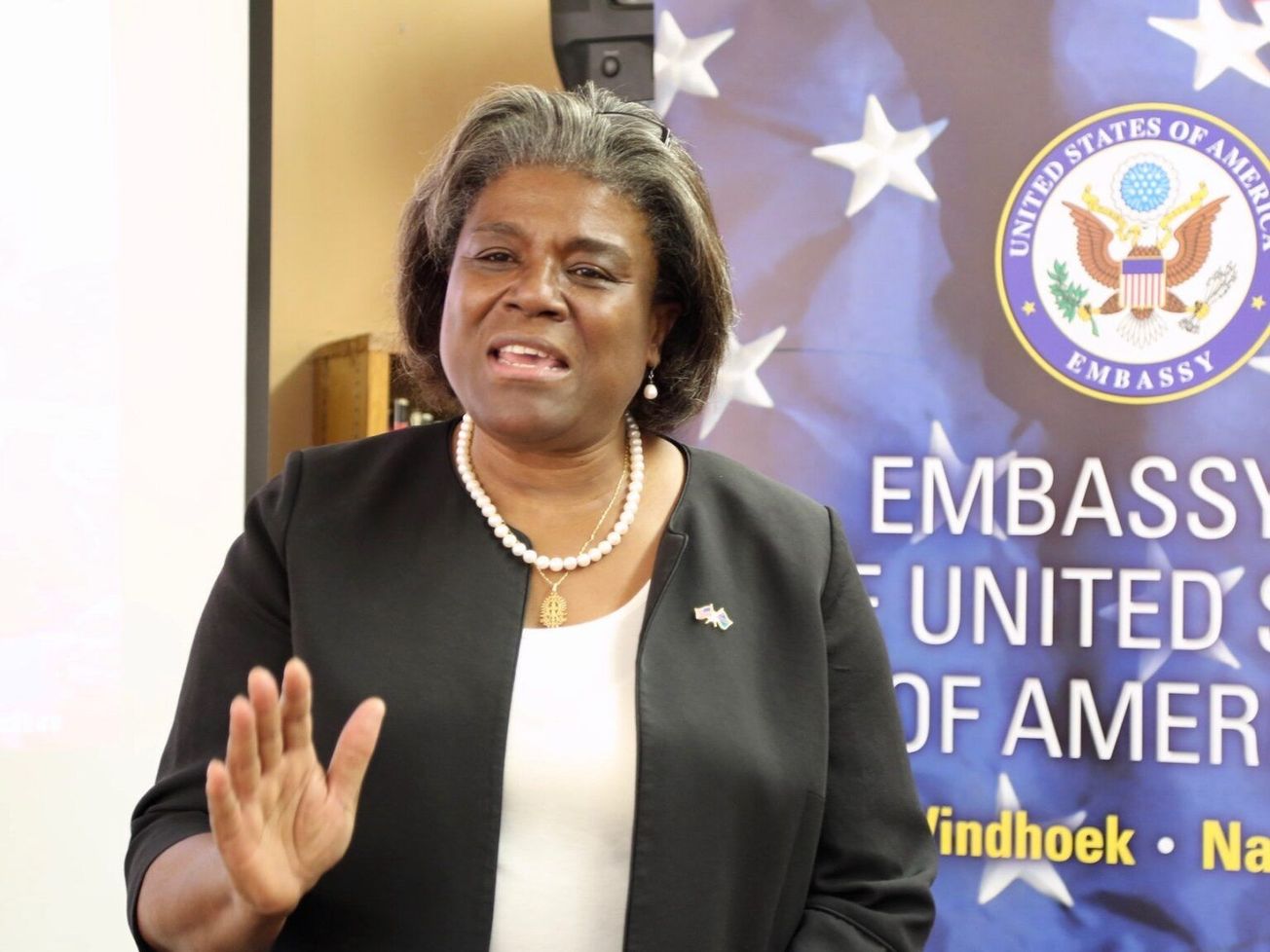UNITED NATIONS (AN) — U.S. President-elect Joe Biden’s announcement on Monday that veteran diplomat Linda Thomas-Greenfield will serve as a Cabinet-level U.S. ambassador to the United Nations signaled America's pivot back to multilateralism.
Biden chose the 35-year State Department veteran, who worked at diplomatic posts around the world, to be part of a foreign policy and national security team that leans heavily on longtime establishment insiders committed to restoring the United States to a global leadership role after four years of President Donald Trump's "America First" policies that have antagonized and alienated even strong allies.









